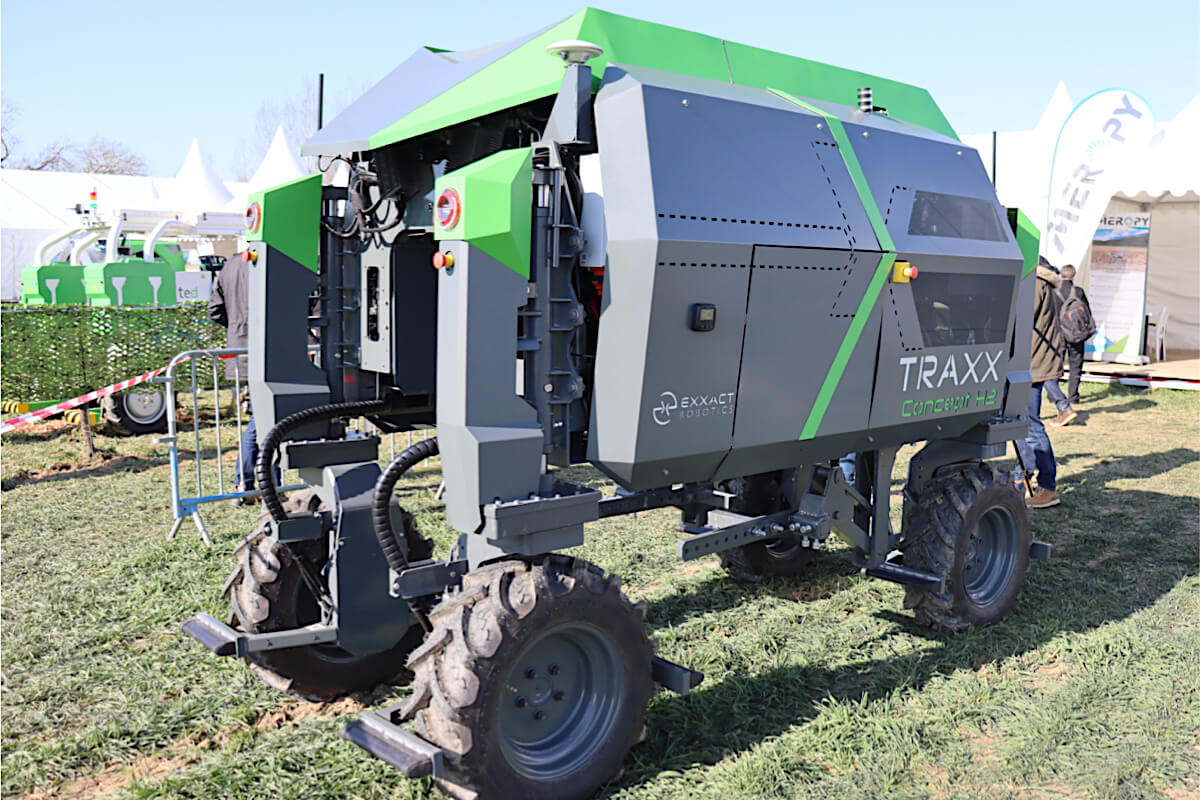The Advent of Agricultural Robots
In the last few years, artificial intelligence It has revolutionized various sectors, from healthcare to industrial automation. Today, we highlight a unique case where artificial intelligence intersects with sustainable agriculture. We're talking about Tesisquare, an innovative company based in Roreto di Cherasco, which has brought artificial intelligence directly to agricultural fields.
The idea, brainchild of entrepreneur Giuseppe Pacotto, is simple yet ingenious: using a robot to manage a company garden. This isn't just any garden, but an example of how technology can coexist with sustainability and contribute to the creation of a more efficient and responsible agricultural ecosystem.
Technology and Sustainability: A Perfect Marriage
The project, known as “Garden at Your Fingertips,” has as its main aim the fusion of advanced technology and sustainable agricultural practices. The robot, developed in collaboration with HORTObot, Mechanics97 e DIG421 Foundation, is designed to perform most agricultural operations, from sowing to harvesting.
The robot is powered by solar-charged batteries and uses a highly precise irrigation system that uses rainwater. As Pacotto points out, the use of this technology has drastically reduced waste and CO2 emissions, contributing to a healthier environment for plants and people.
Savings and Benefits: The Impact of Precision Agriculture
Agronomist Silvana Goiran, who contributed to the project with her consultancy, highlights the advantages of precision agriculture. According to Goiran, using the robot allows for significant water savings and prevents soil compaction, thanks to its vertical, overhead work. Furthermore, with the robot, tasks that would take half a day if done manually can be completed in just 30 minutes.
Cultivating the Future: Accessibility and Scalability of the Project
The robot's arm is highly modular and can cover an area up to 27 meters wide. This makes it ideal not only for small farm gardens, but also for large-scale applications. And the best part? Everything can be programmed and controlled remotely, making farming more accessible to everyone, regardless of skill level.
Pacotto announced that the robot will be extremely competitively priced, paving the way for its possible large-scale commercialization.
Conclusions: A Technological Green Revolution
The "Orto a Porta di Mano" project is a shining example of how technological innovation can have a positive impact on agriculture and environmental sustainability. Not only has it made farming more efficient, but it has also improved the quality of life for Tesisquare employees and their families, who now have access to fresh, local produce.
While we wait to see how this innovation will be received by the market, one thing is certain: artificial intelligence has the power to make agriculture more sustainable, efficient, and, above all, accessible to everyone.








